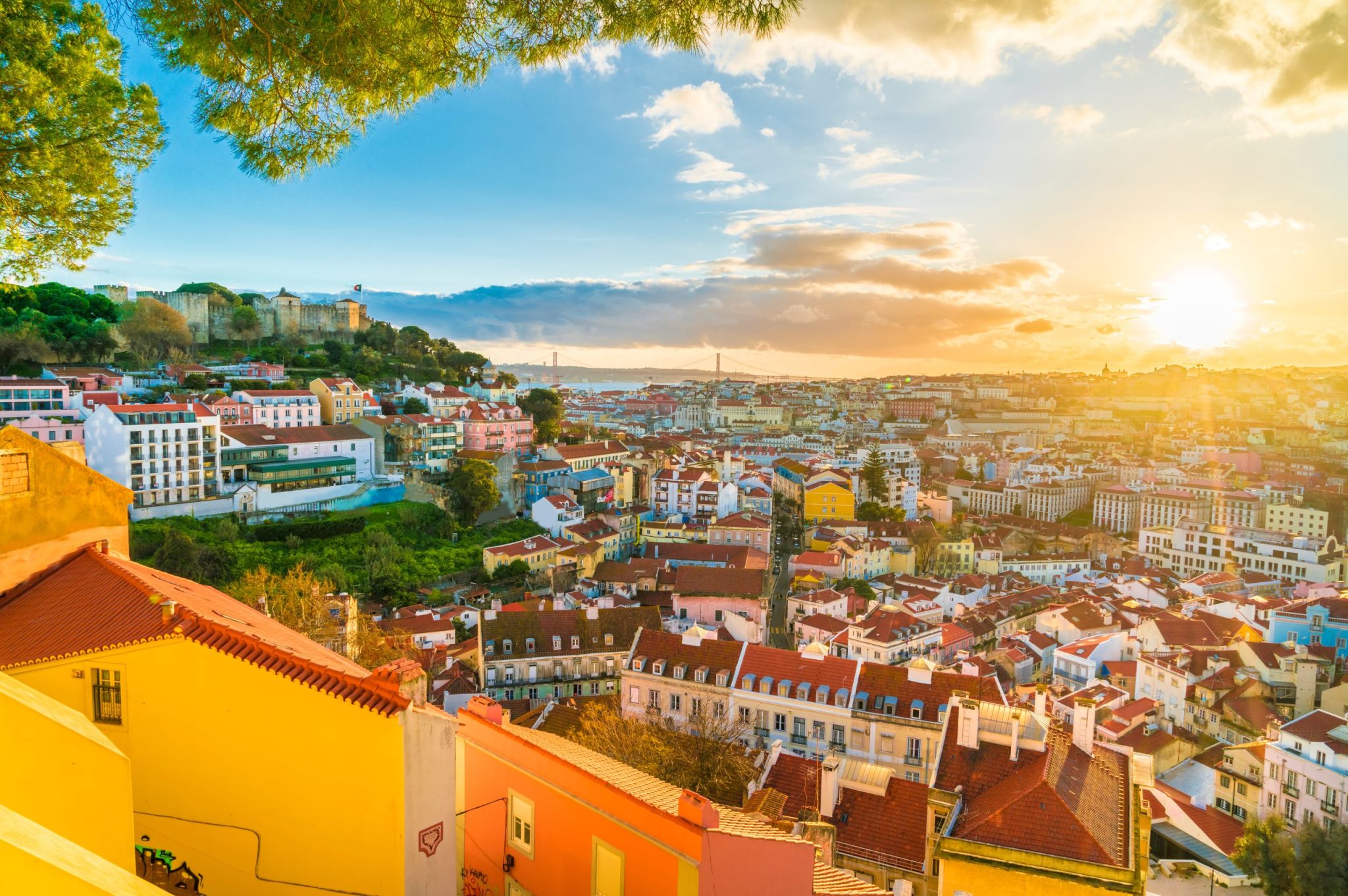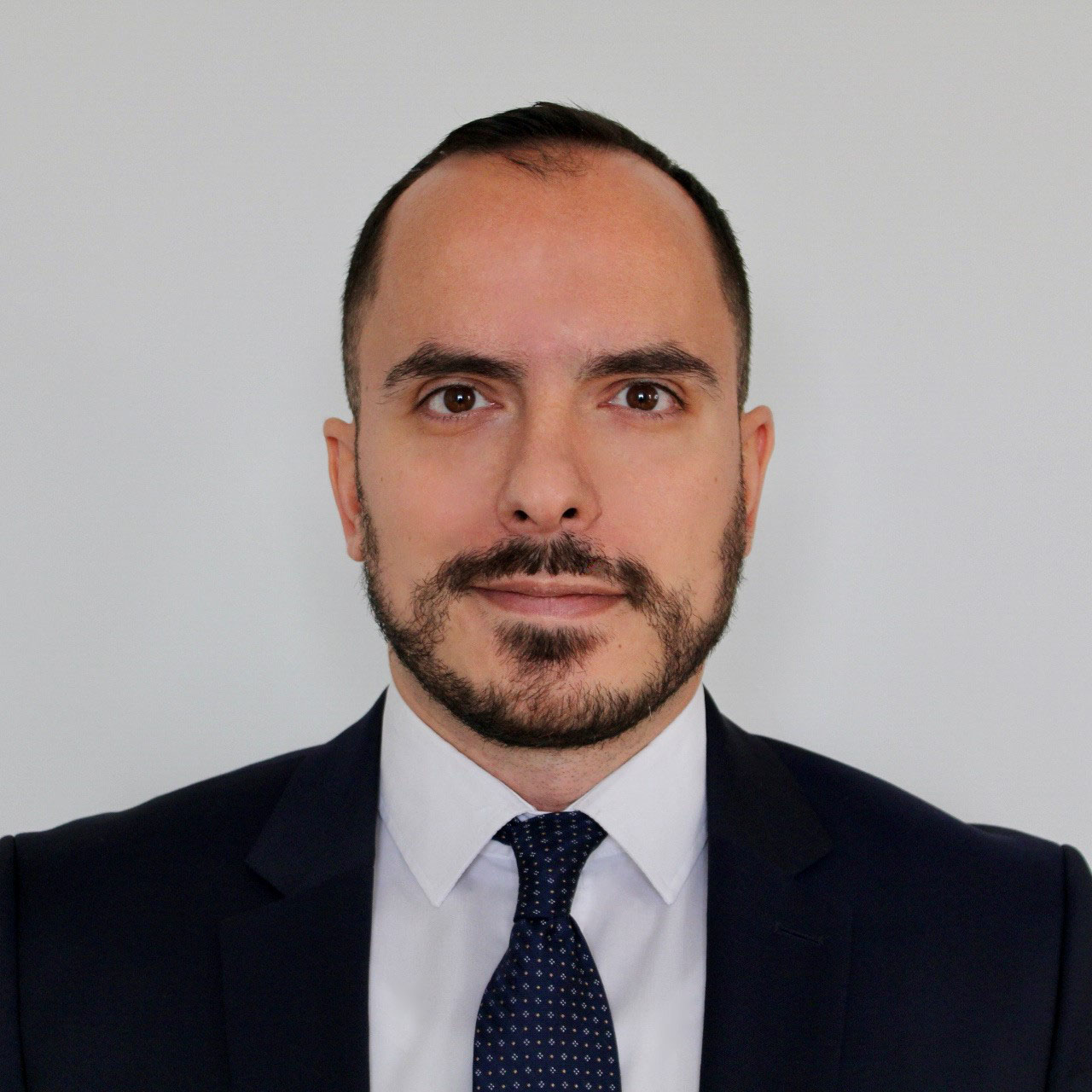Almost half a century after its Carnation Revolution that led to the end of the country’s dictatorship, Portugal’s political landscape is once again marked by the remarkable rise of the far right.
Last Sunday’s election saw the ruling left-leaning Socialist Party (PS) defeated by the center-right Democratic Alliance (AD) by a narrow margin, leaving both parties nonetheless well short of a governing majority and with no clear path to govern. The big news of the night, though, was the breakout of Chega, a five-year-old far right party that surged to just over 18% (from 7.2% in 2022 and 1.3% in 2019), emerging as the third-largest political force and the sole potential kingmaker. This unceremoniously spelled the end of the “Portuguese exception”, referring to the country’s decades-long ability to buck far right momentum in contrast to many other European countries.
The snap election—the second in as many years—came after the sudden resignation of former Prime Minister and PS leader, António Costa, amidst an influence-peddling investigation linked to lithium mining and hydrogen production schemes.
Predictably, corruption themes dominated the campaign. The eventual winning camp was itself tainted by corruption allegations, when two members of the Socialist Democratic Party (PSD), a key member of AD, were hit by a serious graft investigation, eroding public trust in the two mainstream parties.
Chega (in English, “Enough”) deftly capitalized on this widespread discontent. Putting up billboards with messages like ‘We must clean Portugal’, it actively sought to court not only voters genuinely attracted by its own more radical message, but also those disillusioned with the government’s response to pressing issues such as the housing and cost-of-living crises, as well as the frail national health and education systems.
By simultaneously fuelling and exploiting a discontent-driven, anti-elitist, populist momentum, Chega also managed to find a fast-growing audience to promote its nativist and nationalist platform. André Ventura, the party’s charismatic leader, routinely railed against groups and issues that unite in opposition several other fellow parties across Europe—ethnic and racial minorities, with a particular focus on Roma people, crime, gender equality, Muslims and the LGBTQ+ community—while denying any accusations of racism. Chega consistently produced emotionally resonant content aiming to capture the attention particularly of young, male, and primarily without higher education voters.
Foreign interference themes were largely absent from the campaign, but some reports suggest that limited operations may have been underway in practice. An investigation by MediaLab, a research lab affiliated with the Iscte – Lisbon University Institute, uncovered strategically placed online ads targeting centrist parties—one accusing the PS of corruption and another highlighting PSD’s budget cuts during the ‘troika’ era. These ads were traced back to a US-based company, which, upon further scrutiny, was found to be linked to disinformation campaigns in Singapore, Romania, and Panama. Experts discovered no discernible connection to any Portuguese political movements, but marked this incident as one of the first-ever detected indications of external interference in an electoral period.
Portugal is entering a period of political uncertainty. Much still depends on the results from voters abroad, which are expected to be released on March 20th, and hold the key to the final four parliamentary seats that remain to be allocated.
So far, Luís Montenegro, the AD leader who will be called first to form a government by the country’s president if the pecking order remains as is, has explicitly rejected joining forces with Chega, citing Ventura’s “often xenophobic, racist, populist and excessively demagogic” positions. Assuming his intra-party pressure does not lead to a change of direction, this more axiomatic stance stands apart from a growing tendency among conservatives across Europe, the United States, and beyond to co-opt, work with, or be supported by these emboldened far right forces, when politically expedient. It also shows a growing realization that, after last year’s Spanish election, dancing with the radical right can go badly wrong.
This still leaves Portugal’s political future hanging in the balance, given two of the main scenarios it will face in the coming weeks: a grand-coalition with PS that is at least unlikely due to ideological and historical reasons, or an AD-led minority government with the backing of the smaller center-right Liberal Initiative, which would nonetheless de facto depend on Ventura’s support to pass key legislation. A repeat election until year’s end, where Chega could do even better, cannot be ruled out, adding greater instability to an already heated political scene.
Even if what will happen in Portugal is still uncertain, the results confirm and bolster the rightward spell that much of Europe is under, from Italy and Sweden to Austria and France. The fact that this happened in a country that was therefore long seen as effectively immune to an ascendant far right gives Chega’s newfound political success added significance. Crucially, Sunday’s results also show that Europe as a whole is undergoing profound political changes—and not even Portugal can any longer be seen as an exception.
The views expressed in GMF publications and commentary are the views of the author alone.






